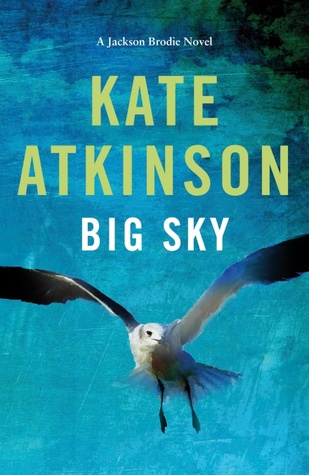Book Review: The Stranger Diaries by Elly Griffiths

I have one thing to say.
HERBERT!
Okay, I have more to say. This book is delightful. It’s everything I didn’t know I needed or wanted in a mystery novel, complete with biting wit, atmospheric tension, a crackerjack sense-of-place, three extremely unreliable and captivating narrators, and one of the most adorable dogs to ever exist on paper – Herbert, he of the woolly white fur and love of crisps.
Clare Cassidy – who I would argue is the main character of this piece – is an English teacher at Halgarth High in Sussex, which she believed would be a quiet place to recover from her divorce and continue raising her teenage daughter Georgia. Even more appropriately, Halgarth High was once the home of Clare’s favourite Gothic writer, R.M. Holland, and holds its own mysteries (and ghosts) within its hallowed halls.
Fiction bleeds into reality when Clare’s good friend, and fellow teacher, Ella Ephwick is found murdered in her home, and it seems as though Holland’s morbid tale, The Stranger, is coming to startling life. When a police detective named Harbinder Kaur is put on the case, Clare turns to her diary to sort out her muddled fears, and finds something new within the pages – a message. Hallo Clare, you don’t know me.
The novel switches between Clare, Harbinder and Clare’s daughter Georgia. Each woman has her own secrets, and all are equally worthy of spending time with. I’m not usually a fan of authors flipping back and forth between narrators, because I often find I’ve fallen in love with one person’s voice and then they’re gone, or worse yet, the voices don’t sound at all dissimilar, and I can’t remember who is supposed to be speaking. Thank goodness Griffiths doesn’t have that problem. Clare, Harbinder and Georgia are distinct, clearly delineated characters, and all offer their own foibles and strengths, their own hopes and selfish desires.
Although I could have gladly spent days (months!) with these women (in the unlikely event that Elly Griffiths is reading this – please make it a series, I’m begging you from my soul), I was also desperate to know the answer to the central question: who is the killer re-creating Holland’s stories of horror?
I didn’t guess for one moment who it was (if you read my reviews, you’ll know I normally do – even once from the synopsis) – and the ending was pitch-perfect and electrifying – from the shock of the killer’s true identity, to finally getting to read R.M Holland’s short story, The Stranger, in full.
The star of the story though – is Herbert. Herbert, Clare’s dog, who she loves with a fierce simplicity that I recognized immediately. My dog is my familiar, my companion, “my soul in animal form”. This quote – I love him so much that sometimes, when I look at him, I’m quite surprised to find he’s covered in hair. It made me laugh, it made my eyes sting with tears. Yes, this is how it is, loving these helpless, funny, greedy, loyal and endlessly affectionate beings – who ask for almost nothing, but take your entire heart.
Thank you to NetGalley for the ARC in exchange for an honest review. I appreciate it!




